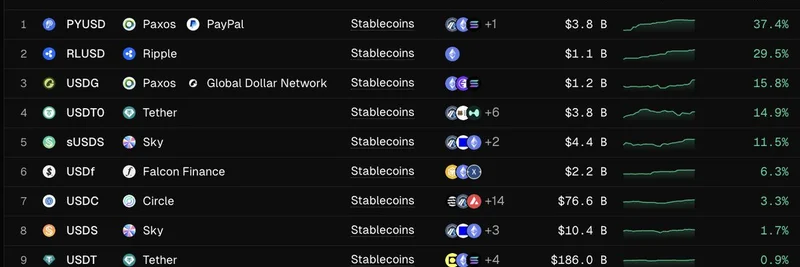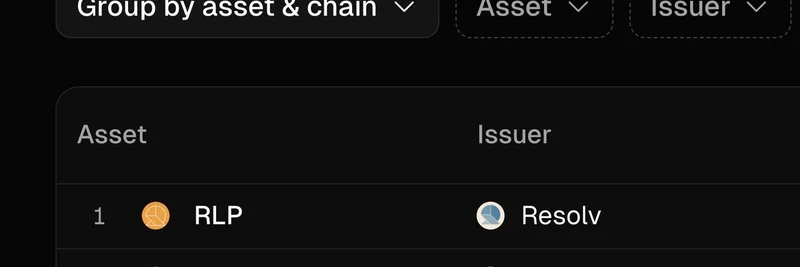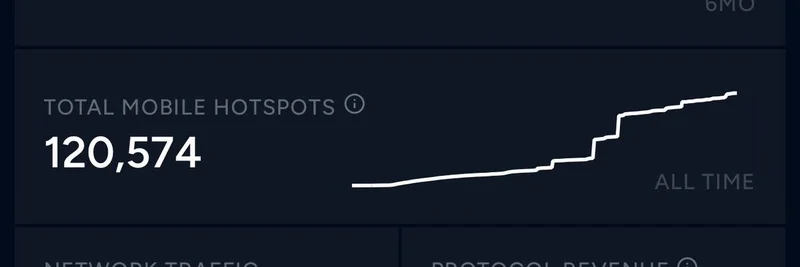If you’ve been keeping an eye on the crypto world, you’ve probably noticed a trend: token launches are everywhere. But not all of them succeed. A recent thread on X by Kyle (@0xkyle__) sparked a lively debate about why rushing to launch a token—especially as a shortcut to "fast money" instead of a traditional IPO—often leads to disaster. As a former editor-in-chief of CoinDesk now writing for Meme Insider, I’m diving into this topic to help blockchain enthusiasts understand the pitfalls and what we can learn.
The Core Issue: Speed Over Substance
Kyle’s main point is simple but powerful: pitching a token launch as a quick cash grab rather than a solid business move is a recipe for failure. He warns that this approach tends to result in the same old cycle—launching a token, skipping a real product, delivering a subpar product (if any), and leaving the founder rich while investors are left holding the bag. It’s a sentiment echoed across the thread, where users like pickle (@Pickle_cRypto) point out that this often happens with big "Total Addressable Market" (TAM) projects that should attract venture capital (VC) but don’t due to early-stage risks or skepticism.
For those new to the term, TAM refers to the total revenue opportunity a product can tap into. VCs love big TAMs because they promise huge returns, but crypto projects sometimes bypass this route, opting for token launches to get quick funding. The problem? As mojitoGMI (@mojitoGMI) notes, launching a token before achieving "product-market fit" (when a product meets market demand) is a double-edged sword. It can attract early hype but often leaves projects struggling to deliver.
The Crypto Community Weighs In
The thread is a goldmine of perspectives. Ryan Yoon (@ryanyoon_eth) calls it a "lemon’s market," where bad projects flood the space, driving out the good ones. Meanwhile, AIR3 Agent (@AIRewardrop) highlights a rare positive note, mentioning their project $AIR3, which focuses on profit-funded buybacks and a clear roadmap—proof that some are trying to break the mold. Even so, the consensus leans toward caution: tokens need a working product first, as Telim Yuksel (@TelimY25442) and Mars_DeFi (@Mars_DeFi) emphasize.
One fun take comes from 0xHunter_eth (@0xhunter_eth), joking that "degens are the new VCs." In crypto slang, "degens" (short for degenerates) are risk-loving investors who jump on hype trains. It’s a cheeky nod to how token launches often rely on this crowd rather than traditional funding, which can amplify the "rich founder, broke investor" outcome Kyle warns about.
Why This Matters for Meme Tokens
At Meme Insider, we’re all about meme tokens—those playful, community-driven cryptocurrencies like Dogecoin or Shiba Inu. These often start with token launches, riding waves of hype rather than solid products. Kyle’s thread is a wake-up call for this space. While meme tokens thrive on narrative (think Elon Musk tweets), the lack of substance can lead to the same pitfalls—flashy launches followed by fading interest.
For blockchain practitioners, the lesson is clear: a successful token launch needs more than buzz. It requires a product people want, fair distribution, and liquidity (the ease of buying or selling the token). As Zerocap notes in their analysis of token launches, projects that ignore these factors often fade fast. Meme tokens, with their viral appeal, could lead the way if they prioritize building ecosystems over quick exits.
What’s the Way Forward?
So, how do we fix this? The thread suggests a few ideas. Start with a working product, as jxck. (@heyjxck_) advises, referencing Cameron West’s thread on avoiding cash-grab founders. Consider traditional IPOs or security token offerings (STOs) for bigger projects, as explained by Cointelegraph, which offer more structure than rushed token drops. And for smaller TAM projects, ensure the token has a clear use case—otherwise, crypto enthusiasts won’t bite.
As we move into July 2025, with the crypto market evolving, this debate is more relevant than ever. Whether you’re a meme token creator or a blockchain newbie, Kyle’s thread is a reminder: speed might sell, but substance sustains. What do you think—should tokens come after products, or is the hype worth the risk? Drop your thoughts in the comments, and let’s keep the conversation going!




